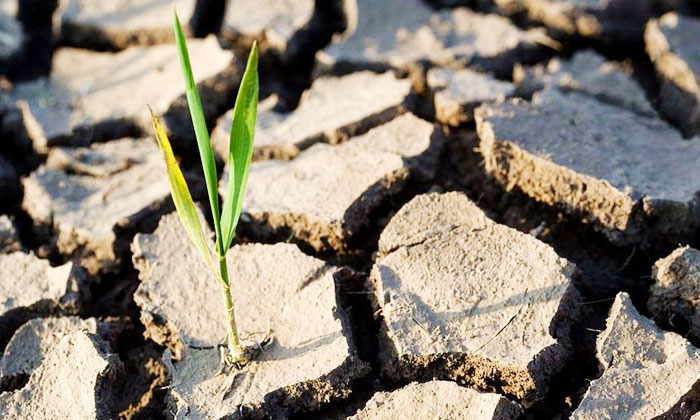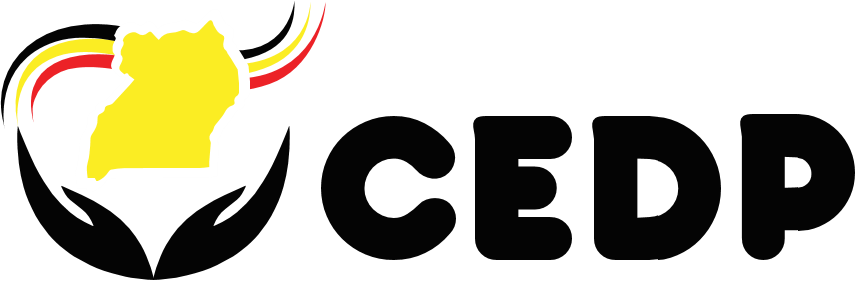Areas of Focus
Land Administration Reform
- Systems’ improvements and physical infrastructure;
- Systematic registration of communal and individually owned land;
- Enhancements in land valuations capacity; and strengthening of institutional and dispute resolution capacity and human capital. While the land agenda in Uganda is broader than the particular focus in this project, the activities included in and results incentivized through the use of DLIs are key foundational elements needed to advance the economic benefits of land administration.
Tourism Product & Competitive Development
- Upstream planning, policy, and regulatory capacity building;
- Targeted infrastructure improvements to incentivize private sector led management and revenue generation;
- Use of incentives for the ministry to mobilize private investment through DLIs; and local hiring and training of local youth for participation in tourism-related opportunities. All activities (feasibility studies and business plans) in this component will assess climate change vulnerabilities and include specific measures to reduce the carbon footprint of the infrastructure upgrades and operations.
Cross-cutting Priorities
Gender

The gender gaps in land tenure and land ownership in Uganda are severe and constrain women’s economic participation, especially in high-value activities. Almost all land is registered in Uganda in the name of the male heads of household. There is some data on approaches that can increase women’s access to land. CEDP-AF will build on these findings and integrate gender-related information into the community outreach campaigns at the parish and district levels. The project will subsidize the registration costs to couples willing to proceed with joint titling.
Women make up 46 percent of tourism entrepreneurs in Uganda. The project’s community interventions will focus on women-led and/or women-managed enterprises at the proposed sites. Similarly, women’s participation in the accredited trainings run by the UHTTI and UWRTI will be a key priority and student recruitment efforts will have a specific focus on women.
Climate Change

With regard to climate change mitigation, the project will support conservation efforts through the identification of critical zones and facilitated management of wildlife areas based on updated information.
In the execution area of the project, a combination of natural disasters, such as landslides in the highlands of eastern and western regions and droughts, are endangering livelihoods and the ecosystem; which are likely to be exacerbated by climate change. CEDP-AF will employ building standards that include emergency preparedness for climate hazards. The construction plans will ensure that the project conforms to:
- Any applicable wildfire land-use planning regulations;
- Any applicable building regulations;
- Any existing plans for warning and evacuation; and
- Any national laws, regulations, and rules. In addition, the rehabilitation of physical structures will include energy and water-use efficiency measures.
